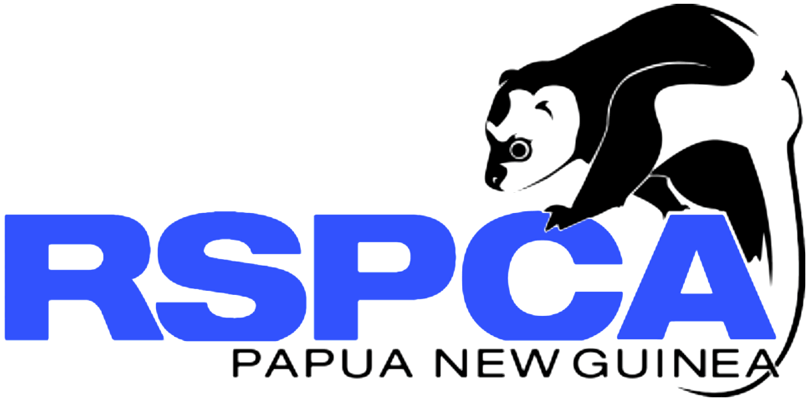
Before adopting a cat you should understand that cats cannot look after themselves ‐ you have to look after them and provide all they need to remain healthy and strong throughout their life.
Cats need:
- food and water
- a litter tray or a safe place to use as a toilet
- grooming
- veterinary care
- your time for petting and playing
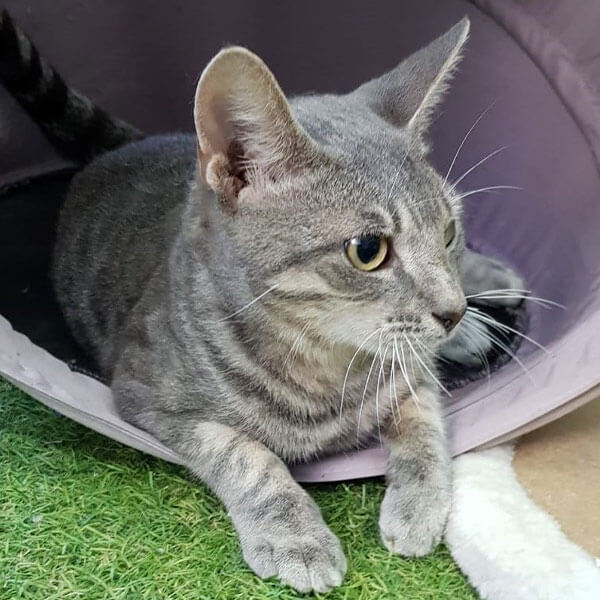
Care of your cat
If you are adopting a fully grown cat (or if you are moving house) it is important that your cat is kept indoors for at least 5 days, to become used to new surroundings and learn where ‘home’ is.
Some owners choose to keep their cat indoors all the time, particularly if they live near a busy road, are surrounded by a lot of unfriendly dogs, or live in a flat. Cats are quite happy living indoors provided they have a litter tray and opportunities to play.
If you decide to have an inside/outside cat it is important to have a ‘safe’ area your cat can reach easily (if, for example, it is being chased by dogs) such as a fenced yard, a fenced deck or access into the house through a security grille. Cats and dogs can live happily together, but only if they are brought up together.
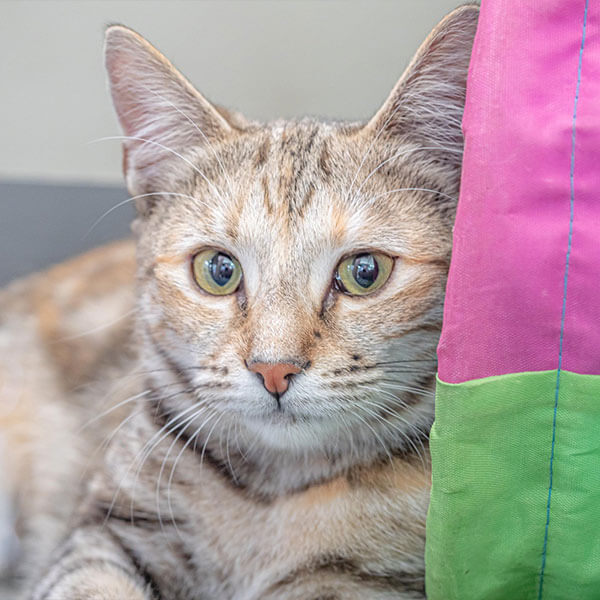
Feeding your cat
Cats need to be fed twice a day. You can buy commercial cat food or give them meat or fish. Cats often enjoy human food, so table scraps can form part of your cat’s diet. Two thirds of every meal should be meat or fish (or eggs or cheese), and one third well cooked cereal or vegetable. Cats can often be ‘fussy’ eaters, and will make their likes and dislikes clearly understood. Cows milk can be a good source of food and calcium for cats, but some cats cannot digest it. Offer your cat milk, but if they refuse to drink it or has a loose motion, don’t give them any more. To make sure you are giving your cat enough to eat look at them and feel their ribs and hips; you should be able to feel these bones without having to push through any fat, but you should not be able to see them standing out.
Your cat needs to chew a raw bone (like a chicken wing) at least once a week to keep their gums and teeth clean and healthy.
Never give your cat cooked bones. Cooked bones splinter when chewed, and can cause serious internal injury ‐ they also have no value as food.
Your cat should always have a bowl of clean water.
It is normal for a cat to nibble fresh green grass and eat fruit and vegetables.
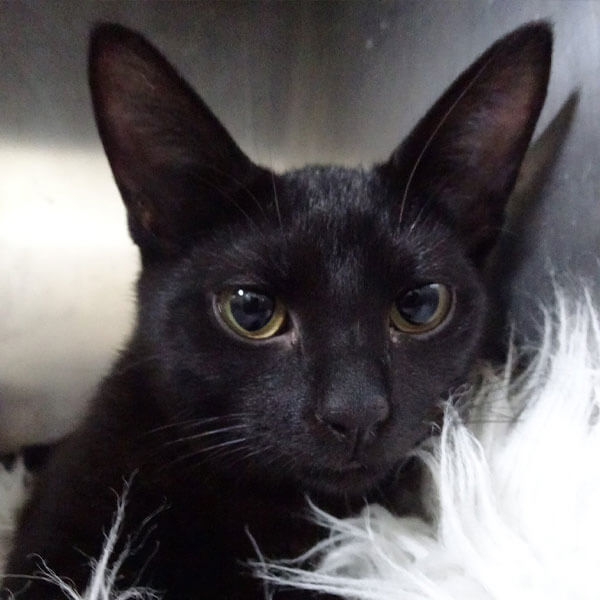
Shelter and bedding
Although your cat will find some strange places to sleep they should be provided with a clean comfortable bed in a safe place. This can be a box or basket with an old blanket or towel inside, which should be off the ground. Your cat’s bed can be inside the house or outside, but it must be sheltered from the sun, wind and rain. It should be kept clean and free from fleas, ticks, lice and mites.
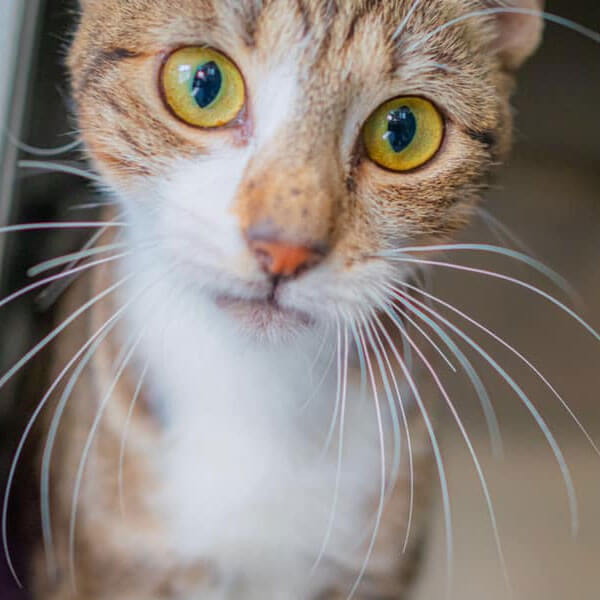
Training
Your cat should be trained to use a litter tray or go to the toilet outside, and the meaning of the word ‘no’.
Even if your cat can always get outside, if they are sick or needs to be kept indoors, they should be taught to use a litter tray for a toilet. A plastic cat litter tray can be bought, or something like a plastic washing bowl is a good substitute. Commercial cat litter, to put inside the tray is fairly expensive but will last several days before requiring to be changed. Instead you can use shredded paper, soil, sand, or even chicken feed pellets. While the type of ‘litter’ used will dictate how often the tray should be cleaned, solid motions should be removed and flushed away as soon as possible. The tray should be placed where it is always accessible but in a quiet place. Cats do not like to be seen when going to the toilet.
To teach your cat to use the litter tray, put your cat it the tray and gently move their front feet as if they were scratching. If your cat uses the wrong place do not hit or scold them; take them to the right place, make the scratching movement with their paws and pet them. They should learn very quickly.
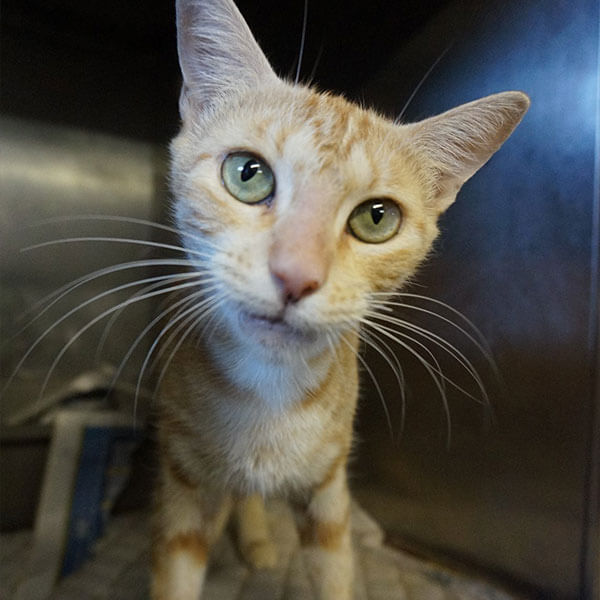
Play and exercise
Most cats don’t need to be exercised, but they do enjoy playing with you. Chasing a piece of string, or small ball, or even a ball of paper can give you both lot of fun. Other toys can be a feather on a string, a large box to jump in and out of, a large paper bag, or can buy commercial toys.
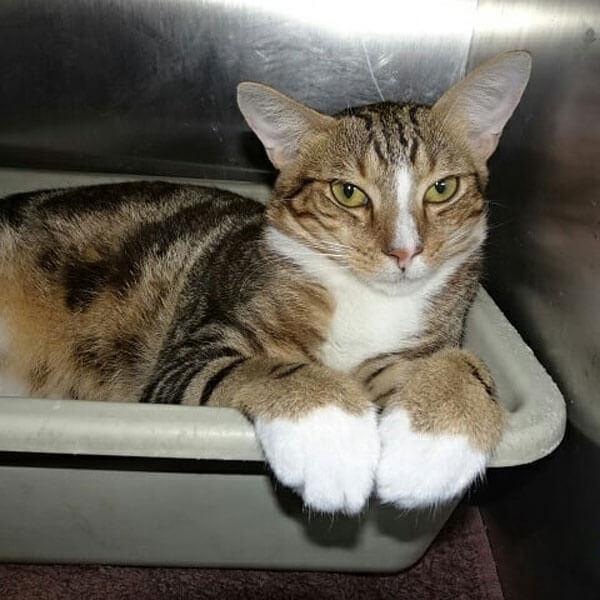
Grooming
Cats groom and clean themselves by licking, but they need help in removing dirt, parasites and dead hair. Short haired cats should be brushed at least twice a week, long‐haired cats need to be combed every day.
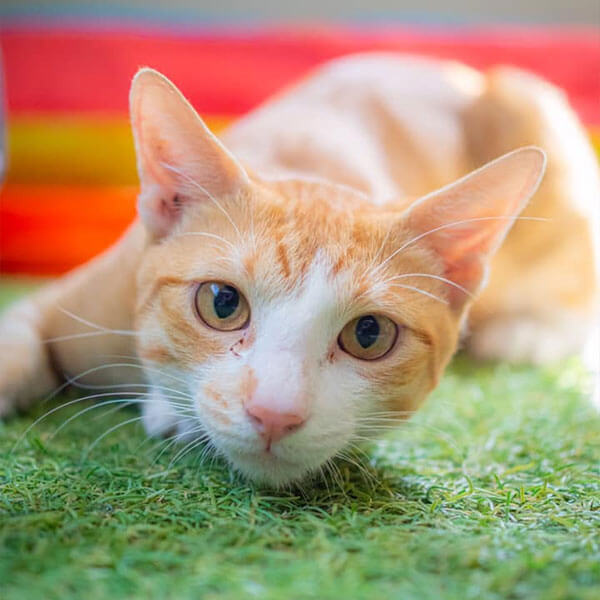
Veterinary attention
Cats should be vaccinated against feline enteritis and feline respiratory disease (cat flu). Annual booster injections are also required.
The control of intestinal parasites (worms) should have begun when they were a kitten. Adult cats should be dosed every three months.
External parasites (fleas, lice and mites) should also be controlled and there are many products available, some with overlapping actions.
Discuss your cat’s health needs with the RSPCAPNG Vet Clinic to decide on the most suitable programme.
The RSPCAPNG recommends that all cats kept as companions should be de‐sexed. De‐sexed cats make friendlier pets, live longer fight less, suffer fewer disease problems, and don’t produce more kittens to be unwanted strays.
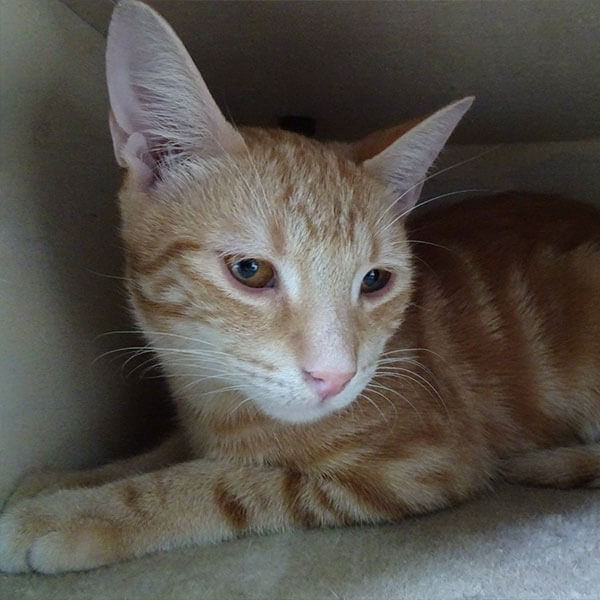
Going on holiday
If you and your family are going away from home at any time you must ask a responsible person to go to your house, twice a day; to feed your cat (and to seek medical attention for them if required). Alternatively the RSPCAPNG Vet Clinic have the facilities for boarding any animal.
When you look after your cat and give them all they need especially your time and attention, they will become a loving and faithful friend as well good companion.
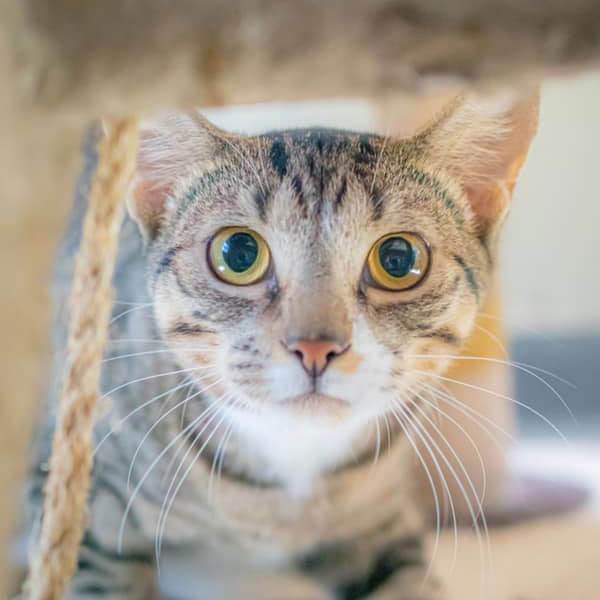
If you have any queries on the health or care of your pet please visit the RSPCAPNG Vet Clinic during surgery hours:
Monday – Friday: 9:00am – 4pm
Saturday: 9am – 1pm
Sundays and public holidays: Closed
The RSPCAPNG Shop stocks a full range of animal grooming and health care products and staff will be pleased to advise you on the best product for your pet.
The RSPCAPNG believes that all animals have the right to live their lives with:
- freedom from hunger or thirst
- freedom from excess heat or cold
- freedom from disease
- freedom from pain and suffering
- freedom to move and behave normally
For further details about membership or the work of the RSPCAPNG in Papua New Guinea please call 325 2363 or email rspca@rspca.colonygroup.co
